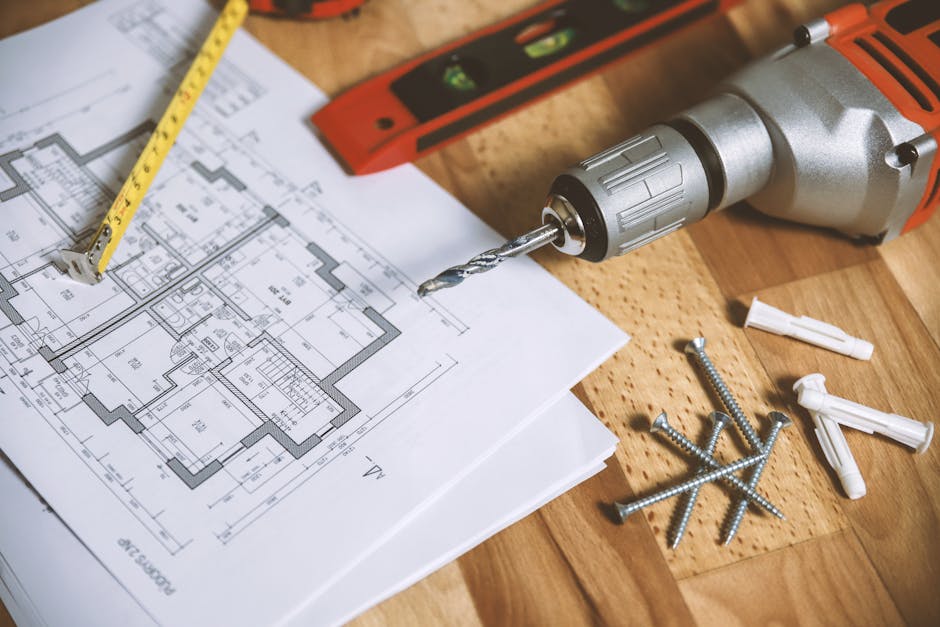Credit repair is the process of improving a damaged or inaccurate credit report. A good credit score is crucial for obtaining loans, renting an apartment, and even securing certain jobs. If your credit score is less than ideal, taking steps to repair it can significantly improve your financial opportunities and peace of mind. This guide will provide valuable tips and strategies to help you navigate the credit repair process.
One of the first steps in credit repair is obtaining your credit reports from the three major credit bureaus: Equifax, Experian, and TransUnion. You are entitled to a free copy of your credit report from each bureau annually. Review these reports carefully, looking for any errors or inaccuracies. Common errors include incorrect personal information, accounts that don't belong to you, and inaccurate payment histories.
Once you've identified any errors, dispute them with the respective credit bureau. Provide supporting documentation, such as payment records or proof of identity, to strengthen your case. The credit bureaus are legally obligated to investigate disputed items within a specific timeframe. While waiting for the investigation to conclude, continue making timely payments on all your existing accounts.
Paying your bills on time is one of the most impactful ways to improve your credit score. Payment history is a significant factor in credit scoring models. Set up automatic payments or reminders to ensure you never miss a due date. Even if you've had late payments in the past, consistent on-time payments moving forward will demonstrate positive credit behavior.
Another important aspect of credit repair is managing your credit utilization ratio. This ratio represents the percentage of your available credit that you're currently using. A high credit utilization ratio can negatively impact your credit score. Aim to keep your utilization below 30% on each credit card and ideally below 10% overall.
If you have outstanding debts that are impacting your credit score, consider contacting your creditors to negotiate a payment plan. In some cases, creditors may be willing to work with you to create a more manageable payment schedule or even settle the debt for a lower amount. Successfully resolving outstanding debts can significantly improve your creditworthiness.
Building a positive credit history takes time and consistent effort. If you have limited credit history or are rebuilding your credit, consider opening a secured credit card or becoming an authorized user on someone else's account. These strategies can help you establish a positive payment history and improve your credit score over time.
Credit repair is a journey, not a quick fix. Be patient and persistent in your efforts. By following these tips and consistently practicing good credit habits, you can improve your credit score and unlock greater financial opportunities. Remember to stay informed about your rights as a consumer and seek professional advice if needed.

